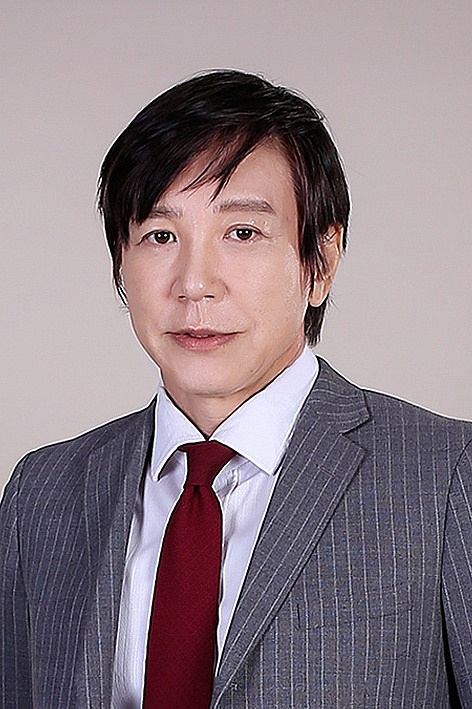Overcoming challenges of global minimum tax
GMT is expected to have a significant impact on many foreign enterprises. Will it affect business plans among Japanese groups in Vietnam over the coming months?
 |
| Takeo Nakajima, chief representative of JETRO Hanoi |
Companies consider a variety of factors when making investment decisions. Tax plays a significant role, but it is just one of the elements.
Vietnam has an average corporate tax rate of 20 per cent. Among ASEAN countries, the lowest is Singapore, at 17 per cent. Thailand, Cambodia, and Laos sit at 20 per cent in principle. Malaysia stands at 17-24 per cent, Indonesia 22 per cent, and the Philippines 25 per cent.
In the case of Vietnam, companies benefit significantly from preferential tax treatment, specifically a 10-17 per cent preferential rate and a tax exemption for four years, followed by nine years at a 50 per cent reduction. Many Japanese companies take advantage of this.
We are concerned that introducing the GMT rate will reduce the tax benefits that are available to foreign-invested enterprises (FIEs). In any case, we are watching the development of this tax system in Vietnam with interest.
What are Japanese companies' solutions to overcome the obstacles? Have you seen any changes in business investment trends among Japanese groups due to the impacts of GMT?
GMT introduction will not significantly impact investment destinations if countries in this region keep corporate tax around 15-20 per cent.
However, the GMT issue is crucial for most FIEs. Businesses cannot exercise effective countermeasures against tax hikes. If the tax incentives disappear, Vietnam should consider subsidies to supplement them. We expect the tax incentives we currently enjoy will remain the same.
I understand that GMT excludes companies with sales below a certain level, so Vietnam should maintain the tax benefits for small- and medium-sized enterprises (SMEs). Many large multinational enterprises have bases in Vietnam, but new investments from Japan are likely to be SMEs.
Japanese SMEs possess world-class technologies and hold global shares in specific fields. The initial investment amount is small, but it should contribute to the development of Vietnam's industries.
What are your recommendations for the Vietnamese government to better support FIEs affected by GMT? Are there any lessons that Vietnam could learn from other regional countries?
As I said, companies do not make investment decisions solely based on tax rates. According to last year's survey by JETRO, when asked about the attractiveness of Vietnam's investment environment, the most significant factor was the future growth potential of the market (74 per cent), and in second place was the current market size (46 per cent).
Firms evaluate the business-to-consumer and business-to-business market expansion due to the rise of the middle class and the increase in foreign investment. 24 per cent of respondents also cited preferential tax treatment, but it ranked only 9th among the selected criteria.
On the other hand, in terms of risks, 60 to 70 per cent of ASEAN countries cited inefficiency in administrative procedures and in tax systems – Vietnam was one of them. Low tax rates and business costs are preferable, and incentives are necessary, but they are only meaningful if the procedures are simple and transparent.
The introduction of GMT means that low tax rates will no longer be an essential factor in the competition for business in the region. Vietnam must demonstrate its competitive attractiveness in other ways, such as the ease of doing business, administrative speed, human resources, potential partners, accessible finance, and industrial parks.
Japan is expected to implement the GMT in early 2024. Which solutions will the Japanese government implement to support FIEs and to maintain its attraction?
Japan's current corporate tax is 29.74 per cent, and in principle, there is no preferential treatment such as the corporate tax reduction seen in Vietnam. Therefore, the introduction of GMT will have little direct impact on attracting investment in Japan. However, we must refrain from double taxation and complicated procedures due to the introduction of GMT.
From a broader perspective, Japan must become a competitive country where foreign companies can easily invest.
 | UK investors confident in Vietnam’s GMT response Many British investors in Vietnam are large multinational corporations, who view the country as an emerging market or an increasingly promising place for future investment. That said, Vietnam will find many of them to be in the scope of the global minimum tax (GMT) regime and Pillar 2 by the Organisation for Economic Co-operation and Development (OECD). |
 | Vietnam sets October for move towards global minimum tax adoption The Vietnamese government is slated to table the proposed legislation regarding global minimum tax before the National Assembly in October, with the General Department of Taxation (GDT) forecasting an implementation timeline commencing at the outset of 2024. |
 | Global Minimum Tax: a call for strategic revisions in Vietnam's special zones Loc Huynh, a lawyer from Dentons LuatViet, a Vietnamese law firm, delves into the implications of the incoming Global Minimum Tax for Vietnam's special zone developers, suggesting strategic shifts towards infrastructure quality, investment costs, and human resources to maintain competitiveness. |
What the stars mean:
★ Poor ★ ★ Promising ★★★ Good ★★★★ Very good ★★★★★ Exceptional
Related Contents
Latest News
More News
- Hermes joins Long Thanh cargo terminal development (February 04, 2026 | 15:59)
- SCG enhances production and distribution in Vietnam (February 04, 2026 | 08:00)
- UNIVACCO strengthens Asia expansion with Vietnam facility (February 03, 2026 | 08:00)
- Cai Mep Ha Port project wins approval with $1.95bn investment (February 02, 2026 | 16:17)
- Repositioning Vietnam in Asia’s manufacturing race (February 02, 2026 | 16:00)
- Manufacturing growth remains solid in early 2026 (February 02, 2026 | 15:28)
- Navigating venture capital trends across the continent (February 02, 2026 | 14:00)
- Motivations to achieve high growth (February 02, 2026 | 11:00)
- Capacity and regulations among British areas of expertise in IFCs (February 02, 2026 | 09:09)
- Transition underway in German investment across Vietnam (February 02, 2026 | 08:00)

 Tag:
Tag:




















 Mobile Version
Mobile Version